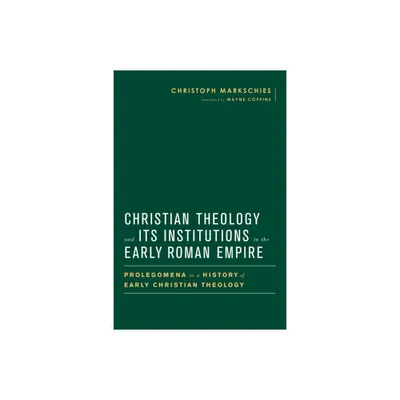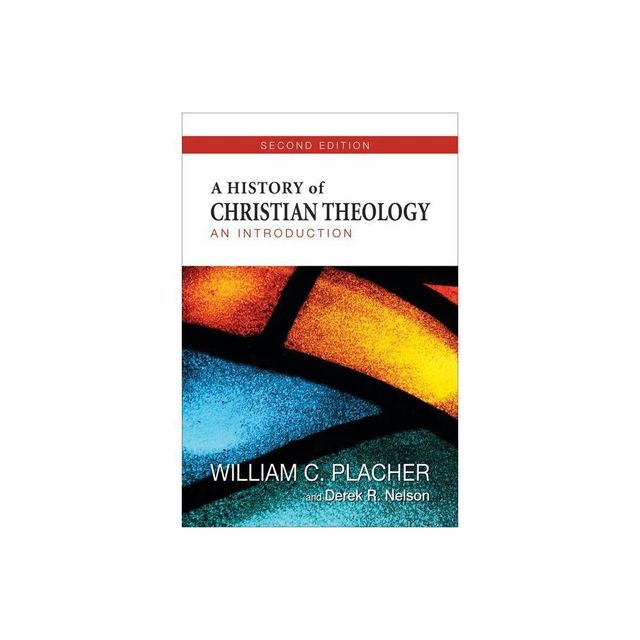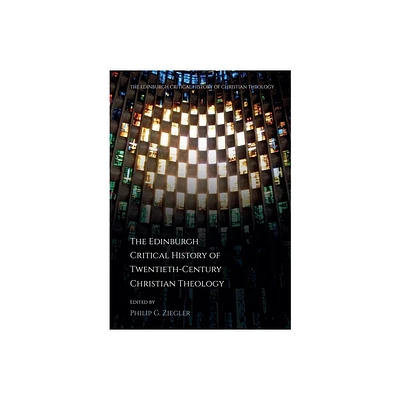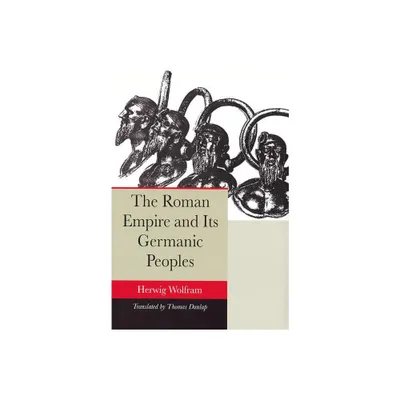Home
Christian Theology and Its Institutions the Early Roman Empire: Prolegomena to a History of
Loading Inventory...
Barnes and Noble
Christian Theology and Its Institutions the Early Roman Empire: Prolegomena to a History of
Current price: $89.99


Barnes and Noble
Christian Theology and Its Institutions the Early Roman Empire: Prolegomena to a History of
Current price: $89.99
Loading Inventory...
Size: Hardcover
*Product Information may vary - to confirm product availability, pricing, and additional information please contact Barnes and Noble
Tension between unity and diversity plagues any attempt to recount the development of earliest Christianity. Explanations run the gamutfrom asserting the presence of a fully formed and accepted unity at the beginning of Christianity to the hypothesis that understands orthodox unity as a later imposition upon Christianity by Rome. In
Christian Theology and Its Institutions in the Early Roman Empire
, Christoph Markschies seeks to unravel the complex problem of unity and diversity by carefully examining the institutional settings for the development of Christian theology. Specifically, Markschies contends that theological diversity is closely bound up with institutional diversity.
Markschies clears the ground by tracing how previous studies fail to appreciate the critical role that diverse Christian institutions played in creating and establishing the very theological ideas that later came to define them. He next examines three distinct forms of institutional lifethe Christian institutions of (higher) learning, prophecy, and worshipand their respective contributions to Christianity's development. Markschies then focuses his attention on the development of the New Testament canon, demonstrating how different institutions developed their own respective "canons," while challenging views that assign a decisive role to Athanasius, Marcion, or the Gnostics. Markschies concludes by arguing that the complementary model of the "identity" and "plurality" of early Christianity is better equipped to address the question of unity and diversity than Walter Bauer’s cultural Protestant model of "orthodoxy and heresy" or the Jesuit model of the "inculturation" of Christianity.
Christian Theology and Its Institutions in the Early Roman Empire
, Christoph Markschies seeks to unravel the complex problem of unity and diversity by carefully examining the institutional settings for the development of Christian theology. Specifically, Markschies contends that theological diversity is closely bound up with institutional diversity.
Markschies clears the ground by tracing how previous studies fail to appreciate the critical role that diverse Christian institutions played in creating and establishing the very theological ideas that later came to define them. He next examines three distinct forms of institutional lifethe Christian institutions of (higher) learning, prophecy, and worshipand their respective contributions to Christianity's development. Markschies then focuses his attention on the development of the New Testament canon, demonstrating how different institutions developed their own respective "canons," while challenging views that assign a decisive role to Athanasius, Marcion, or the Gnostics. Markschies concludes by arguing that the complementary model of the "identity" and "plurality" of early Christianity is better equipped to address the question of unity and diversity than Walter Bauer’s cultural Protestant model of "orthodoxy and heresy" or the Jesuit model of the "inculturation" of Christianity.


















